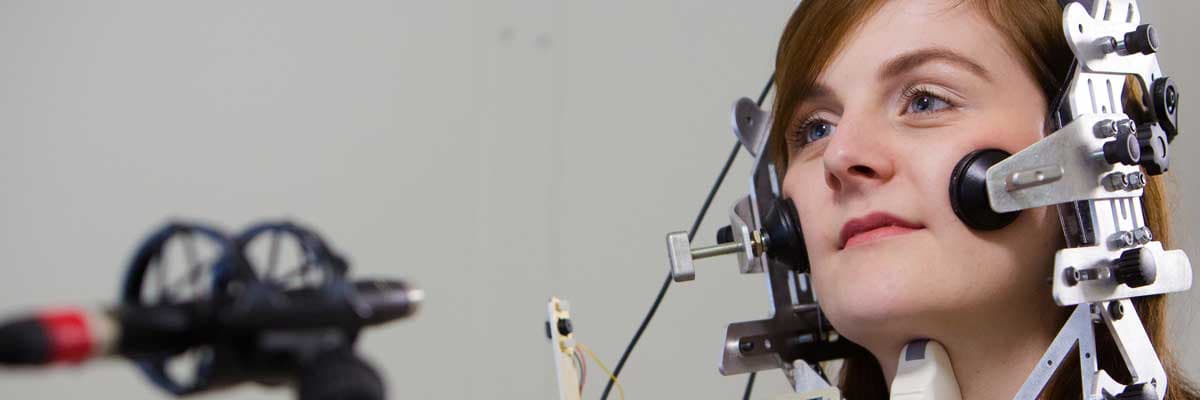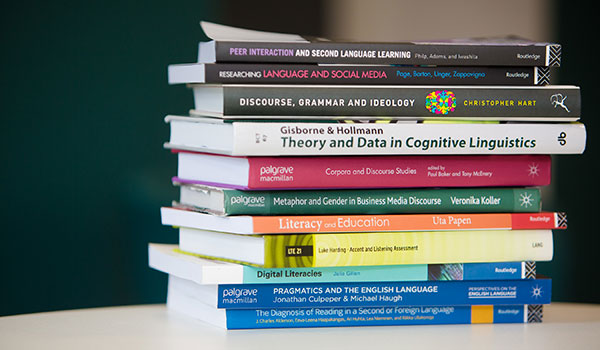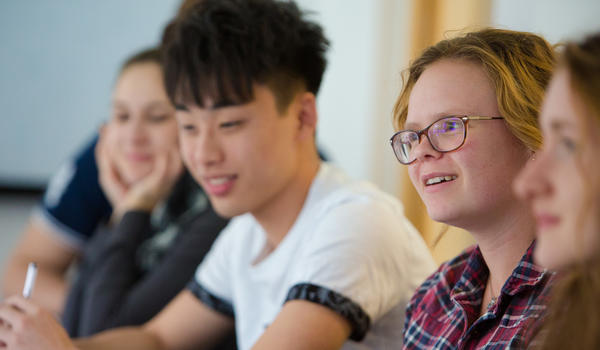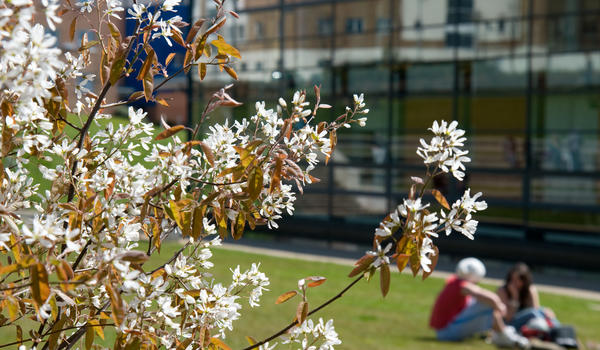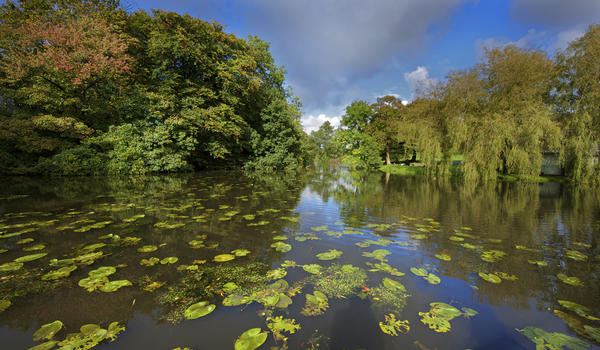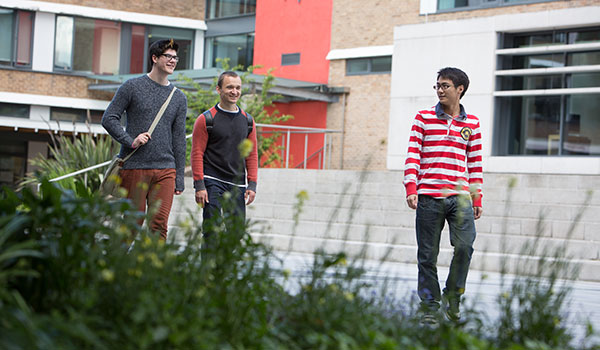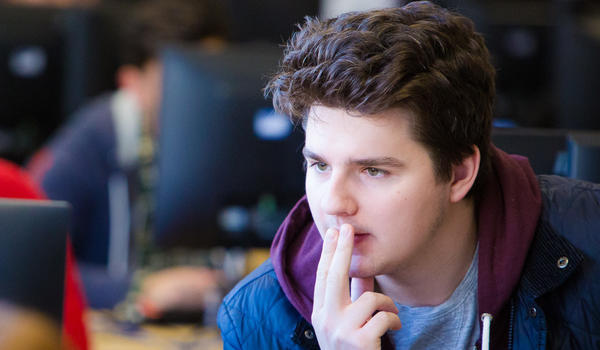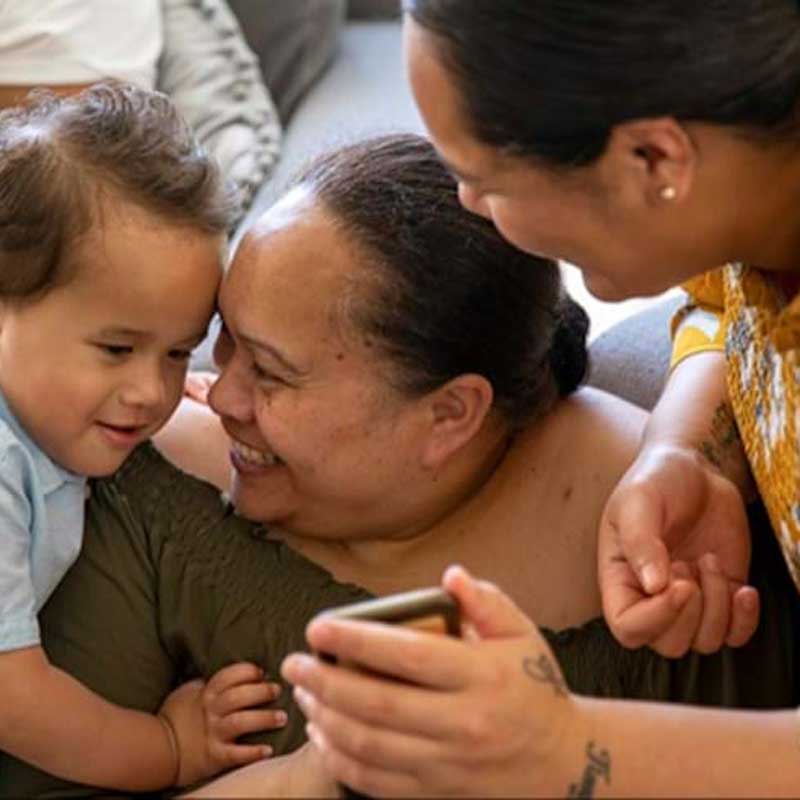Introduction
Linguistics and English Language at Lancaster is one of the largest disciplines of its kind in the UK. For 50 years we have been known internationally for innovative qualitative and quantitative research on language that advances both theory and practical applications.
We have a state-of-the-art Phonetics Lab and cutting-edge eye-tracking and EEG equipment for psycholinguistic research. We are one of the world’s top centres for corpus linguistics and its applications and we are internationally known for our work in fields such as critical discourse analysis, language testing, literacy research and cognitive linguistics.


